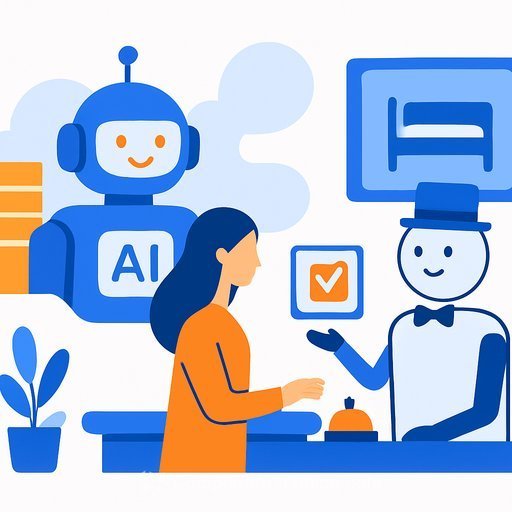Yum Brands pushes AI forward amid leadership shifts and uneven brand performance
Yum Brands is prioritizing AI adoption even as leadership changes settle and economic pressure lingers. The company is rolling out store-level tools and developer automation at scale, with a clear goal: sharpen execution, move faster, and lift franchisee economics.
Where AI stands now
AI-powered Byte Coach, a recommendation tool for store managers, went live in another 4,000 KFC restaurants internationally in Q3 2025. That brings the total to over 28,000 locations across the portfolio.
Beginning next year, Byte Coach will expand to deliver more granular insights at the individual store level. The intent is straightforward: give operators clear prompts that reduce friction and improve daily decisions.
Developer enablement becomes a force multiplier
One-third of Yum's software developers already use AI coding tools to build on the Byte SaaS platform. By early next year, leadership wants "substantially all" devs using these tools, with broader expansion continuing in 2026.
This is a simple but powerful lever: standardize AI-assisted coding, compress build times, and ship updates to operators faster. For large, distributed systems, speed compounds.
Leadership and platform ownership
Chris Turner, previously Chief Financial and Franchise Officer, stepped in as CEO on Oct. 1. Joe Park, who led development of the Byte platform, has departed. The platform now sits with Jim Dausch, formerly Pizza Hut's global digital and technology lead and now Yum's chief digital and technology officer and president of Byte.
"We know we've got to get Byte into more international markets faster," Turner told investors. "That helps to drive both top-line and bottom-line growth for franchise partners through the productivity that Byte enables." CFO Ranjith Roy added, "As we continue to work on making our restaurants more connected to drive growth and operational excellence across the Yum system, Jim Dausch, our new chief digital and technology officer, will help accelerate the next phase of our transformation."
Operating context: mixed brand results
The quarter wasn't uniform across brands. Taco Bell led with 7% same-store sales growth, KFC posted 3%, and Habit Burger & Grill was up 1%. Pizza Hut, after seven straight quarters of declines, is under strategic review, including a potential sale.
That backdrop explains the urgency around Byte and store-level AI: tighter execution and faster feedback loops can offset macro pressure and uneven brand trajectories.
Why this matters for executives
- Operational AI beats novelty AI. Byte Coach focuses on daily decisions that drive throughput, accuracy, and labor productivity. Start where friction is highest for managers.
- Standardize developer tools. Moving "substantially all" developers to AI-assisted coding creates consistency and speed. Treat this as an enablement program, not a side project.
- Tie platform ownership to P&L outcomes. Placing Byte under a single accountable leader clarifies priorities and accelerates delivery across brands and markets.
- Use international rollout as a scalability test. If a tool works in varied markets, it likely generalizes across the system. Build playbooks, not one-offs.
- Keep franchisee economics central. Frame AI initiatives around top-line lift, labor leverage, and margin impact to sustain buy-in.
Practical next moves to consider
- Define a two-speed roadmap: near-term store-level wins (recommendations, labor/schedule tweaks, upsell prompts) and mid-term platform upgrades (data unification, model governance, tooling for devs).
- Set adoption guardrails: measurable targets for usage, accuracy, and financial impact. Publish a weekly operational dashboard for field leaders.
- Create a "store of record" test bed: a rotating set of restaurants that pilot features, capture operator feedback, and translate learnings into standard operating procedures.
- Invest in voice and assistant workflows where order accuracy and speed matter most. Partnerships with firms like NVIDIA (voice AI) can shorten time to value.
The bottom line
Yum Brands is treating AI as an operating system, not a side bet. With Byte expanding internationally, developer enablement scaling, and leadership aligned around store-level value, the company is positioning AI to drive both growth and efficiency-brand by brand, market by market.
If you're building a similar roadmap and want a curated view of AI upskilling by role, see our overview here: AI courses by job.
Your membership also unlocks:





